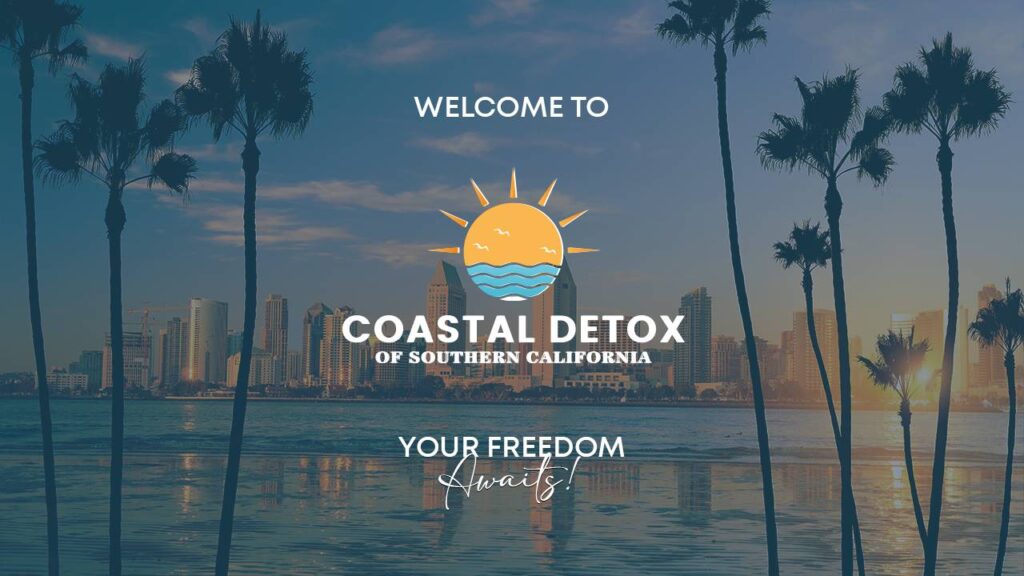
At Coastal Detox of Southern California, we understand that the journey to recovery from addiction is filled with challenges that can be overwhelming. Coping with these challenges is a critical part of the healing process. Coping mechanisms can either support recovery, providing strength and resilience or hinder it, leading to further harm.
Unhealthy Coping Mechanisms: Escalating Problems
Unhealthy coping mechanisms often provide temporary relief but ultimately exacerbate the issues. These mechanisms typically involve avoidance, denial, or harmful behaviors. Let’s explore some common unhealthy coping mechanisms:
Escapism: Avoiding Reality
Escapism involves avoiding problems instead of confronting them. This can manifest through excessive substance use, overindulgence in technology, or other distractions that mask underlying issues. While it may offer temporary relief, it hinders addressing the root causes of addiction and emotional struggles.
Denial: Avoiding the Truth
Denial is a self-protective mechanism that allows individuals to ignore the reality of addiction or emotional challenges. While it might provide short-term relief, it prolongs and intensifies these issues, making recovery more challenging.
Self-Destructive Behaviors: A False Sense of Control
Engaging in self-destructive behaviors, like excessive gambling or self-harm, can be an attempt to regain control in times of overwhelming stress. However, these behaviors often worsen the problems and perpetuate a cycle of self-sabotage.
Toxic Relationships: Hindering Progress
Seeking solace in unhealthy relationships can hinder personal growth and emotional well-being. Rather than addressing individual issues, individuals become entangled in the toxic dynamics of these relationships, impeding recovery.
Healthy Coping Mechanisms: Building Resilience
We encourage individuals to adopt healthy coping mechanisms to support their recovery journey:
Healthy Expression: Sharing Your Thoughts
Openly expressing emotions is essential for healthy coping. Talking to trusted individuals, such as friends, family members, or therapists, provides a safe space to articulate feelings, gain perspective, and find solace. Journaling and creative outlets also offer therapeutic ways to express and explore thoughts and emotions.
Self-Care: Prioritizing Well-being
Self-care involves actively nurturing physical, emotional, and mental well-being. Engaging in activities that bring joy, relaxation, and rejuvenation helps counterbalance the stresses of recovery. This includes practicing mindfulness, regular physical exercise, enjoying hobbies, or simply relaxing with a good book or a warm bath.
Seeking Professional Help: Expert Guidance
During challenging times, seeking professional help is a crucial step toward healing and growth. The Coastal Detox of Southern California provides access to therapists, counselors, and life coaches who offer valuable guidance, tools, and techniques to navigate difficulties, enhance coping skills, and cultivate a resilient mindset.
Building a Supportive Network: Strengthening Connections
Fostering healthy relationships with supportive individuals is pivotal for effective coping. Surrounding oneself with people who genuinely care, listen without judgment, and provide emotional support can greatly contribute to overall well-being. Joining clubs, participating in community activities, or seeking online support groups can help individuals connect with those who share similar experiences, creating a support system.
“Coastal Detox of Southern California was 5 Star from the moment I was picked up at the airport till the time I was dropped off. I have been to multiple treatment centers before, but this experience was miles ahead of any other place I’ve been. Finally felt like a patient, not a dollar sign.” – Scott Page
Striving for Balance and Resilience
At the Coastal Detox of Southern California, we recognize the importance of distinguishing between unhealthy and healthy coping mechanisms. Unhealthy coping mechanisms provide temporary relief but can lead to long-term harm, while healthy coping mechanisms nurture resilience, growth, and emotional well-being. By consciously adopting healthy coping strategies and seeking support when needed, individuals can navigate life’s difficulties with strength and purpose.
Recovery is a journey, and we are here to support you every step of the way. Choose to nurture your well-being, seek support, and embrace healthy coping mechanisms. Your path to recovery will lead you to a more balanced and fulfilling life.








